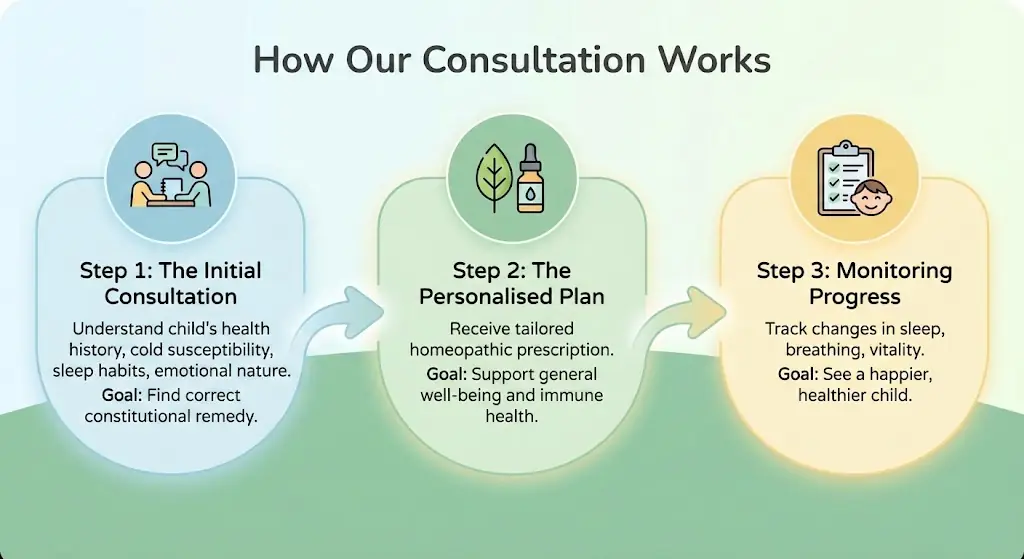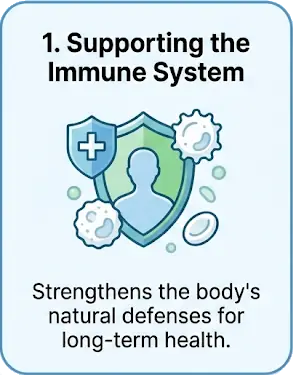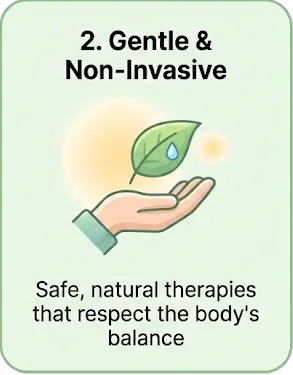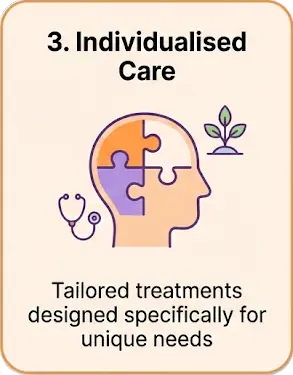Help Your Child Sleep Better
Adenoids are a key part of a child’s immune defence, but when they become reactive or overwhelmed, it can lead to uncomfortable symptoms that affect the whole family. Many parents are looking for a gentle, holistic approach to support their child’s health alongside or before considering surgical options.
At Homeo Care, we provide individualised homeopathic support to help manage the symptoms associated with enlarged adenoids, focusing on strengthening your child’s overall resilience.
Symptoms We Help Manage
It can be distressing to watch your child struggle. We offer supportive treatment for children experiencing:
-
Sleep Disruption: Loud snoring, mouth breathing, or restless sleep.
-
Recurrent Ear Complaints: Managing the symptoms of “glue ear” and recurrent ear discomfort.
-
Frequent Colds & Congestion: Supporting children who seem to have a “constant snotty nose” or lingering congestion.
-
Mouth Breathing: Helping to improve general nasal function and comfort.


1. Supporting the Immune System
We focus on why the body is reacting. By prescribing remedies that match your child’s specific symptoms and constitution, we aim to support a healthy immune response, which may help reduce the frequency and severity of colds and congestion.

2. Gentle & Non-Invasive
Our approach involves no invasive procedures or recovery time. Homeopathic remedies are gentle, easy-to-take pills that are well-tolerated by children.

3. Individualised Care
We don’t use a “one size fits all” approach. Your child is unique. During our consultation, we look at their specific picture—are they sensitive to the cold? Do they have trouble sleeping? This allows us to select a remedy that suits their individual constitution.

Homeopathy is a complementary therapy and is safe to use alongside conventional medical care. We always recommend monitoring your child’s progress with your GP or ENT specialist, especially if symptoms are severe.

